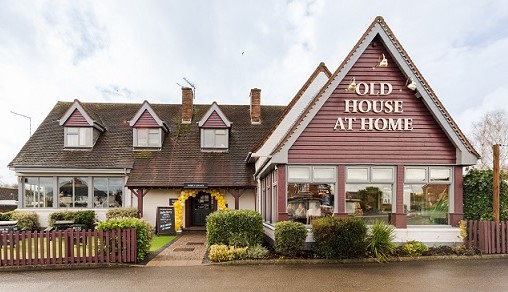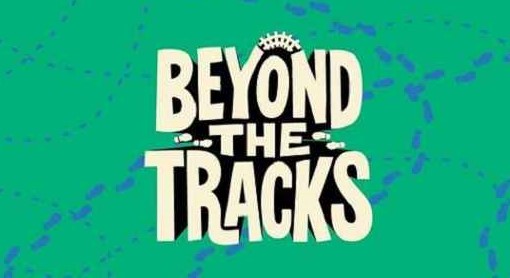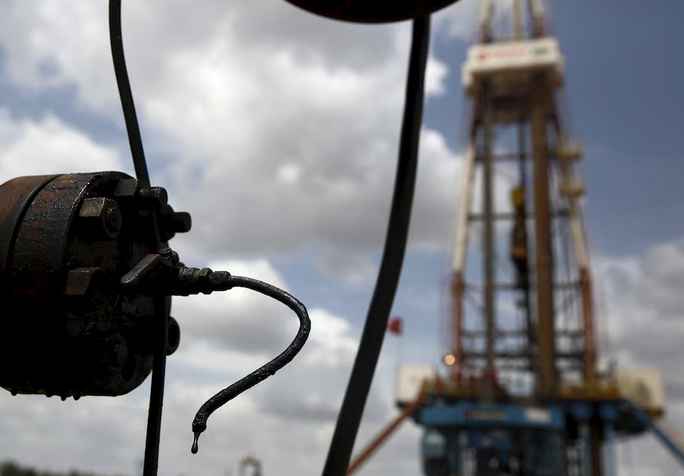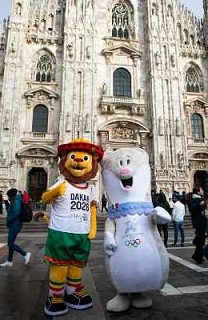A railway safety manager from the West Midlands is being celebrated as a ‘guardian of the community’ in new a ‘hidden heroes’ campaign launched by Network Rail.
Manny Kang, from Wolverhampton, has been identified as a guardian of the community because of his work with children in schools across the region to educate them on how to stay safe and make smart decisions on or near the railway. He is part of a national campaign launched this week to highlight the vital work of ‘hidden’ railway employees who help keep passengers and freight on the move and local communities and neighbourhoods safe near the railway.
The campaign shines a light on the diverse jobs and responsibilities of people who work for Network Rail, the organisation which operates and maintains the national rail network. Findings* released by Network Rail reveal railway professionals are often underrated in public importance compared to other key workers in Britain.
In a public survey, more than half of West Midlands respondents (48%) ranked health and social care workers as the number one most important key worker. Out of the nine available options, rail professionals were rated as most important by 7% of respondents.
Nearly half of West Midlands respondents (43%) admitted to little or no understanding of rail workers’ responsibilities. The Hidden Heroes campaign challenges perceptions around what it means to work in the rail industry and encourages people to find out more about the wide range of jobs and opportunities available.
Manny, who has been selected as one of four national ‘hidden heroes’, started life as a signaller 23 years ago and now, working as a community safety manager, has given inspirational safety talks to around 18,000 children across 118 schools over the last 12 months. Talking about the Hidden Heroes campaign, Manny Kang said: “I love what I do and can see a real difference it makes to the children and families I speak with every week.
“When I visit schools across the West Midlands, I always tell the children they are the most important thing and they always need to look after themselves and each other. Keeping myself and everyone safe, and looking after physical and mental health, is not an option for me, it’s my number one priority.
“There are thousands of talented people doing amazing jobs at Network Rail and across the rail industry. This campaign highlights just some of the people and roles who make a difference every day to millions of people across Britain.”
Andrew Haines, chief executive, Network Rail, said: “Seeing first-hand the vitally important work staff do on the railway, connecting people with friends and family and helping to support economic growth, instils an immense sense of personal pride.
“Our priority is to deliver a reliable railway that people can trust to get them where they need to be. I hope this campaign helps to inform the public of the essential role our people play in delivering this mission.”
To mark the launch of the Hidden Heroes campaign, Network Rail has teamed up with talented artists to capture Network Rail colleagues on canvas. The finished portraits will be displayed to the public in 2025 as part of Railway 200, a year-long nationwide celebration to mark 200 years of the modern railway and help inspire a new generation of young talent to choose a career in rail.
Outside of Network Rail, Manny Kang undertakes a number of charitable endeavours raising thousands for Dementia UK, including completing sporting challenges and running ‘Samosa Saturdays’ outside his beloved Wolverhampton Wanderers Football Club. Anita Bradfield, a mobile operations manager for Western route, Uzma Arslan Sethi, a shift station supervisor at Liverpool Street station and Jamie Stannard, a section supervisor from Romford are the other unsung heroes that have been selected to feature in the campaign.
*The research was conducted by Savanta in April 2024 with a total sample size of 2,000+ GB adults (18+)
Q (Rank 1) Which of the following groups of key workers, if any, do you think are most important to the UK:
National statistics:
- Health/social care, ranked 1 by 56% of respondents
- Police, ranked 1 by 12% of respondents
- Food production, supply or sale, ranked 1 by 8% of respondents
- Education, ranked 1 by 7% of respondents
- Military, ranked 1 by 6% of respondents
- Fire and rescue, ranked 1 by 6% of respondents
- Rail, ranked 1 by 3% of respondents
- Waste collection or disposal, ranked 1 by 2% of respondents
- Postal or courier service, ranked 1 by fewer than 1% of respondents
West Midlands statistics:
- Health/social care, ranked 1 by 48% of respondents
- Police, ranked 1 by 8% of respondents
- Food production, supply or sale, ranked 1 by 6% of respondents
- Education, ranked 1 by 16% of respondents
- Military, ranked 1 by 8% of respondents
- Fire and rescue, ranked 1 by 5% of respondents
- Rail, ranked 1 by 7% of respondents
- Waste collection or disposal, ranked 1 by 1% of respondents
- Postal or courier service, ranked 1 by fewer than 1% of respondents











